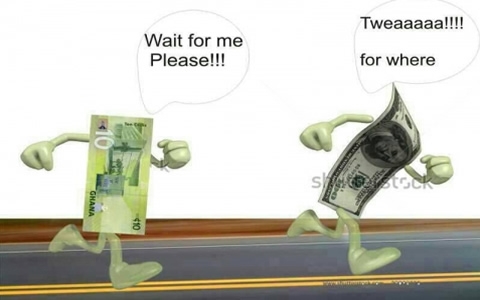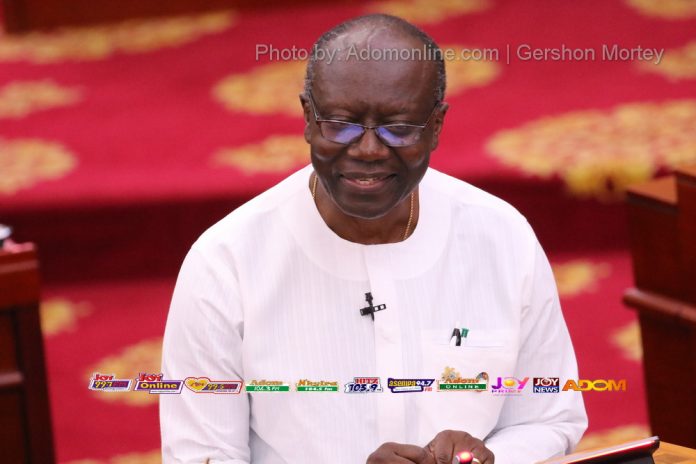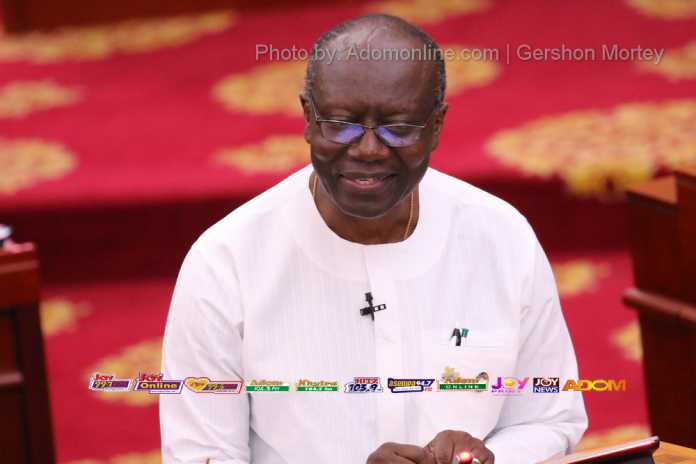If the sharp depreciation of the cedi is of major concern to you, then worry no more because the Finance Minister says the situation will stabilise in two weeks.
Ken Ofori-Atta told journalists outside Parliament Wednesday that government is expecting large inflows of foreign exchange in the country soon to help turn around the value of the cedi.
The local currency is still struggling to stabilise against the major international currencies with the US dollar, selling at between ¢5.6 and ¢5.7.
This same period last year, the cedi was sold at 4.42 and ¢4.27 in January 2017, prompting fears that the situation may get worse if long-term measures are not put in place.
Its year-to-date depreciation puts it among the worst-performing currencies in the emerging markets.
The Bank of Ghana’s interbank exchange, as at February 1, shows the cedi had depreciated by 2.6 per cent against the US dollar, compared to the 0.1 per cent appreciation in the same period last year.
Last year, the cedi depreciated by 8.4 per cent against the dollar in what the Central Bank attributed to the strengthening of the US dollar against currencies in emerging and other frontier markets.

The President has expressed worry at the depreciating cedi but assured that all efforts are being made to arrest the decline and restore it to stability, in order to improve the competitiveness of Ghanaian industry.
The Finance Minister also says the situation will soon improve.
“We have about $300 million coming in from COCOBOD and another $600 million also from COCOBOD in about a month or so. We have officially launched our Eurobond which will be $3 billion and that should close within the next couple of weeks.”
Mr Ofori-Atta acknowledged that the challenge of governments over time has been how to structurally balance imports and exports.
He believes the time has come for the country to find some strategies to change its dependence on imports “or else we will always be battling – it doesn’t matter the government.”
Related: BoG introduces new forex market regulations to help stabilize cedi
He added, however, that “with the type of capital that we are expecting to get in the next few weeks, we really expect a reversal and stability.”
In a response to Bloomberg’s description of the cedi as the cheapest currency in Africa as a result of the depreciating cedi, the Finance Minister said the depiction may not be fair.
“Inflation is at a single digit which is good, growth has been string (six per cent through the third quarter of last year), our budget deficit has gone down in a strong way and we are also getting surpluses in our current account,” he said stressing that there is no need for panic.
“With the kind of fundraising that I have talked about,” he said, “I think that all things will come to an end and we will realise that this is just a blip…and all of this should happen the next two or so weeks.”


